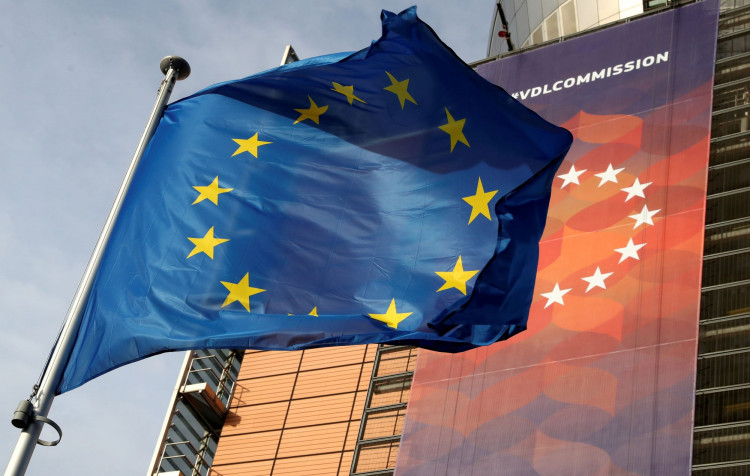The European Central Bank (ECB) has once again lowered its benchmark interest rate, reducing it to 3.5% in response to ongoing economic challenges in the Eurozone. This marks the second rate cut by the ECB in recent months, as inflation has slowed and concerns about the region's economic recovery have intensified. The decision, which was unanimously agreed upon by the ECB's 26 rate-setters, underscores the central bank's ongoing struggle to balance inflation control with fostering economic growth.
The latest rate cut comes on the heels of a previous reduction in June, which was the first in five years. At that time, the ECB sought to ease financial conditions following a period of high inflation. Since then, inflation has further declined to 2.2% in August, close to the ECB's target of 2%. Despite this progress, the ECB has downgraded its economic growth forecast for the Eurozone to 0.8% for the year, a slight dip from the 0.9% projection made in June.
"Financing conditions remain restrictive, and economic activity is still subdued, reflecting weak private consumption and investment," the ECB stated in its post-meeting release. The central bank's cautious outlook highlights the ongoing struggles within the Eurozone, particularly as Germany, the region's largest economy, has shown signs of contraction.
Christine Lagarde, President of the ECB, emphasized the challenges facing the Eurozone during a press conference following the rate decision. She acknowledged that while inflation has been developing largely as expected, economic growth has not met expectations. "The slowdown in Germany's economy has been factored into our latest forecasts, and it presents significant challenges for the broader Eurozone," Lagarde noted.
The ECB's decision to lower rates also reflects broader concerns about the global economy. A recent report by former ECB President Mario Draghi warned that slowing economic growth and productivity pose an "existential challenge" to Europe. Draghi's analysis, which Lagarde praised as "severe but just," calls for significant structural reforms and increased investment to keep pace with global competitors like the United States and China.
Despite the rate cut, there remains uncertainty about the ECB's future actions. Lagarde was careful not to pre-commit to further rate cuts, stating that the central bank would continue to be "data dependent" and decide on the appropriate level of interest rates "meeting by meeting." This cautious approach reflects the complex economic environment in which the ECB is operating, where any premature or excessive easing could undermine efforts to stabilize inflation.
Financial markets, however, seem to anticipate further rate cuts. Analysts have noted that interest rate futures are pricing in additional reductions before the end of the year. Kathleen Brooks, research director at XTB, pointed out that "the financial markets do not seem to believe that the ECB is still undecided about the future of monetary policy," highlighting a disconnect between the central bank's public stance and market expectations.




